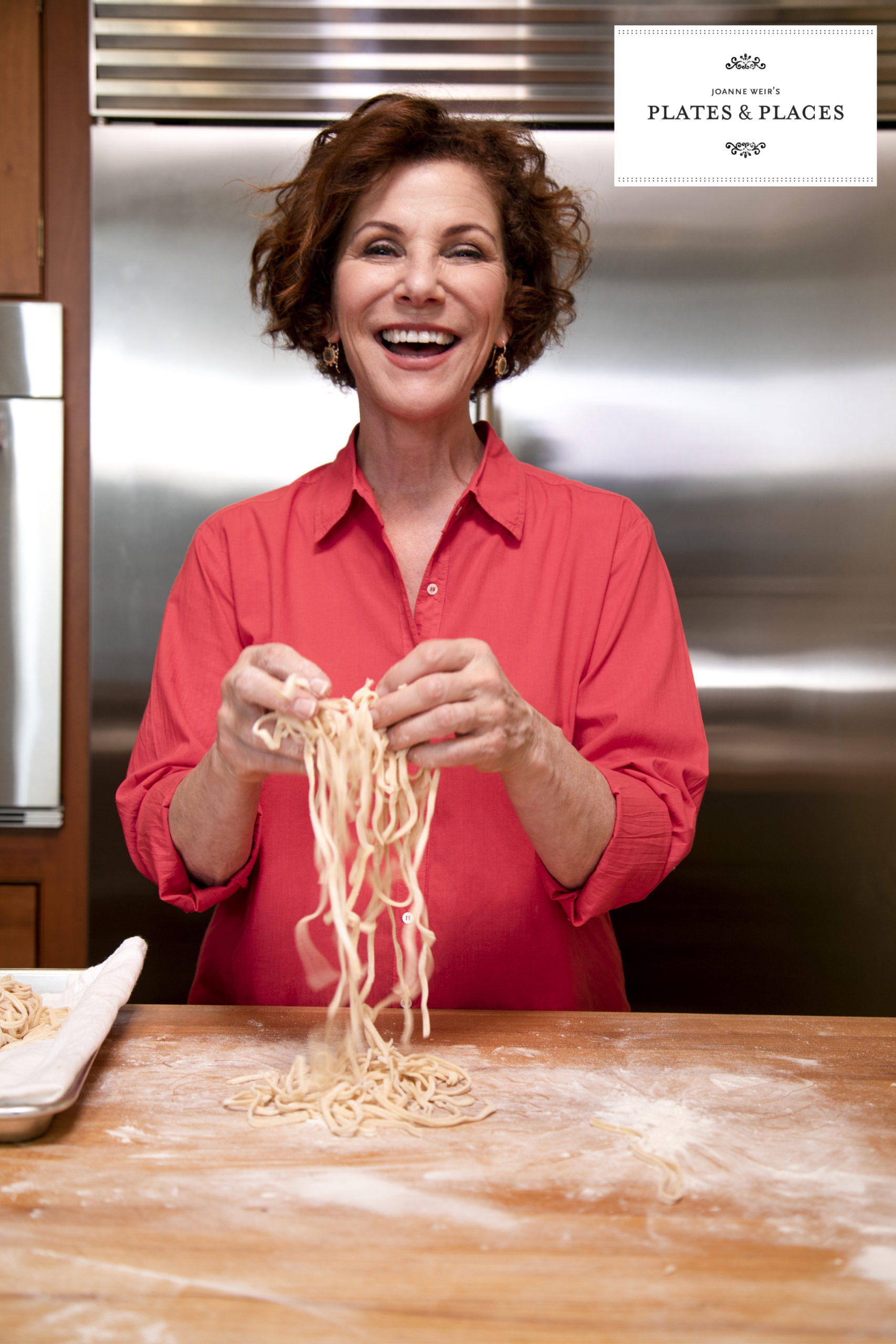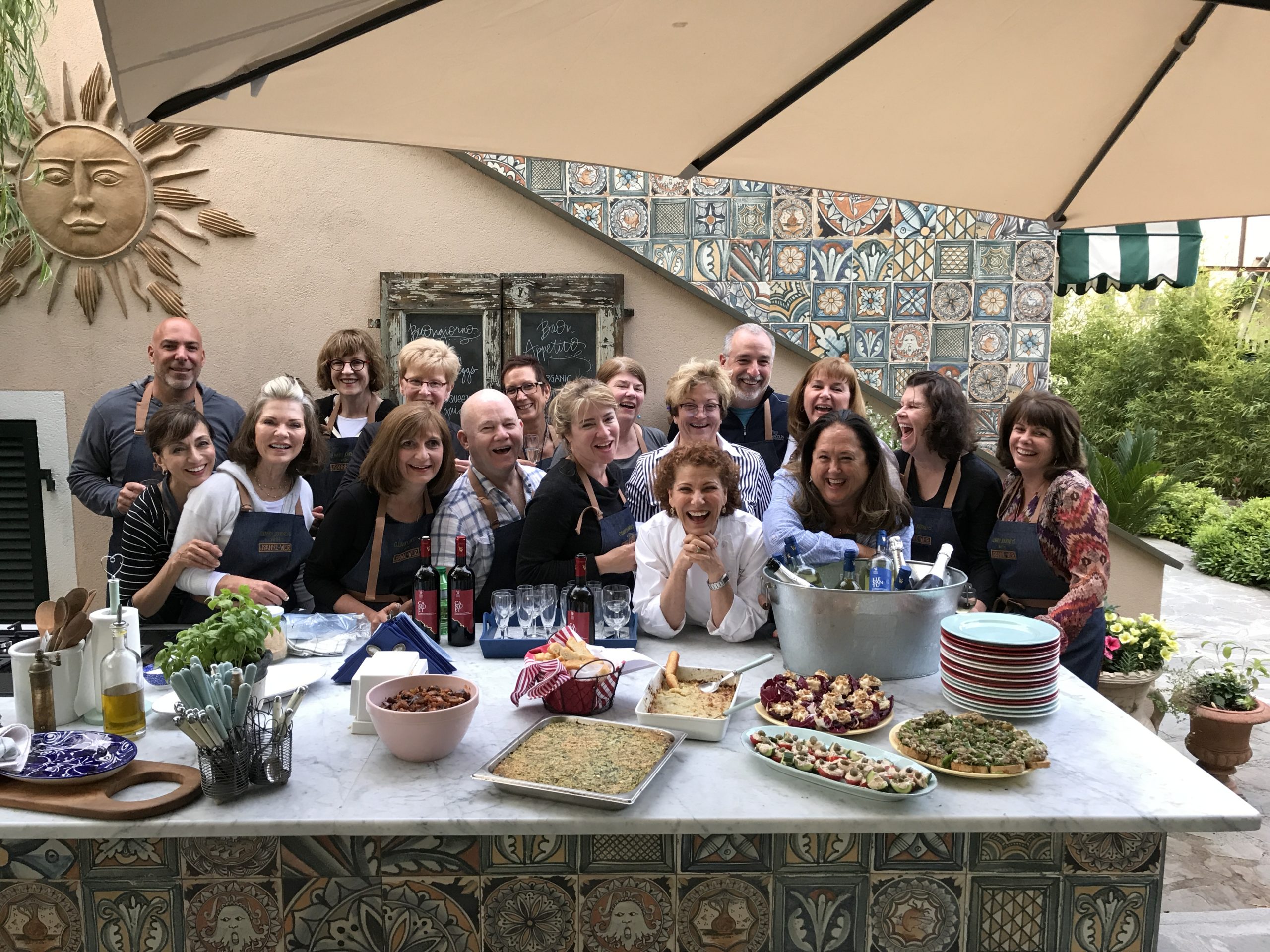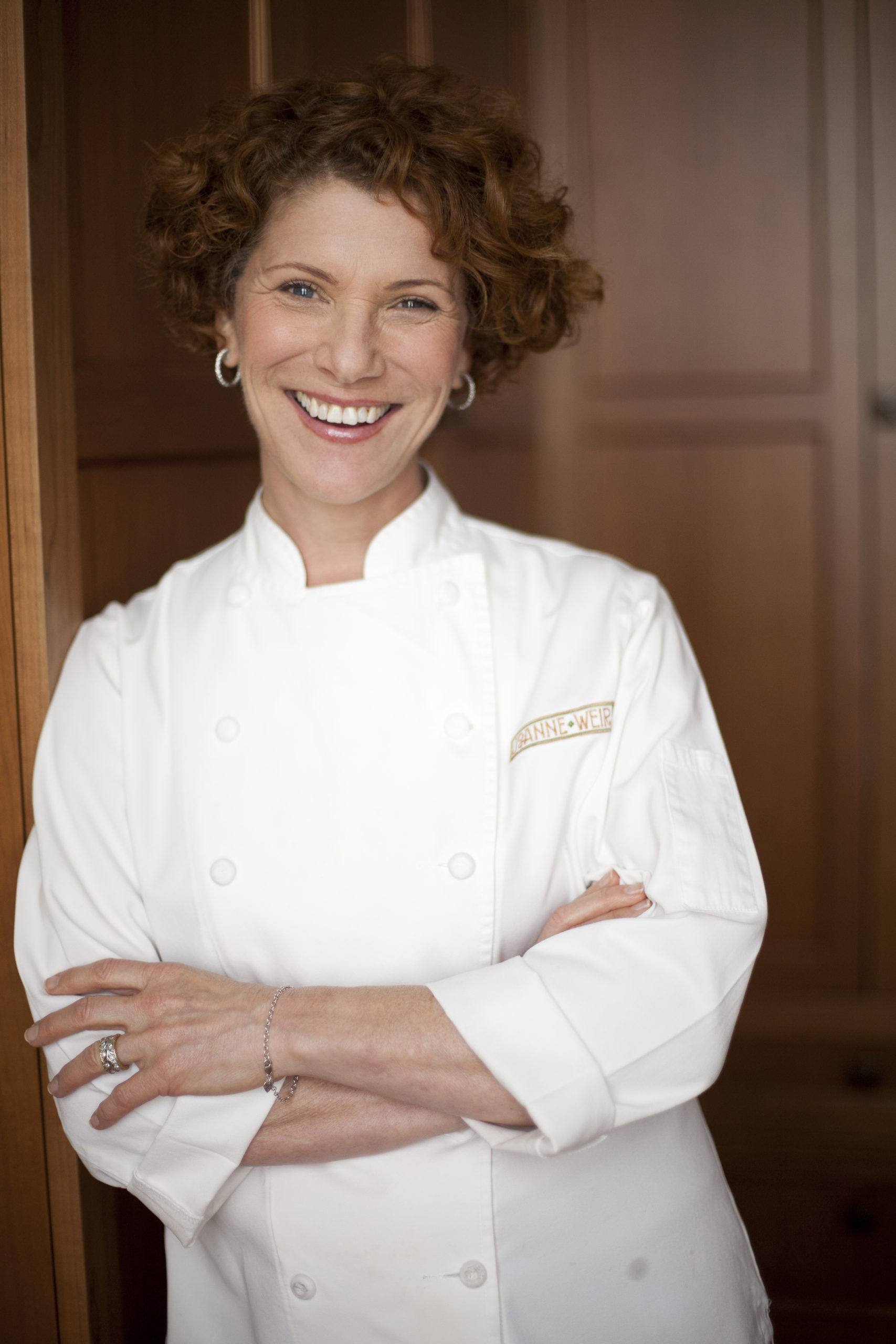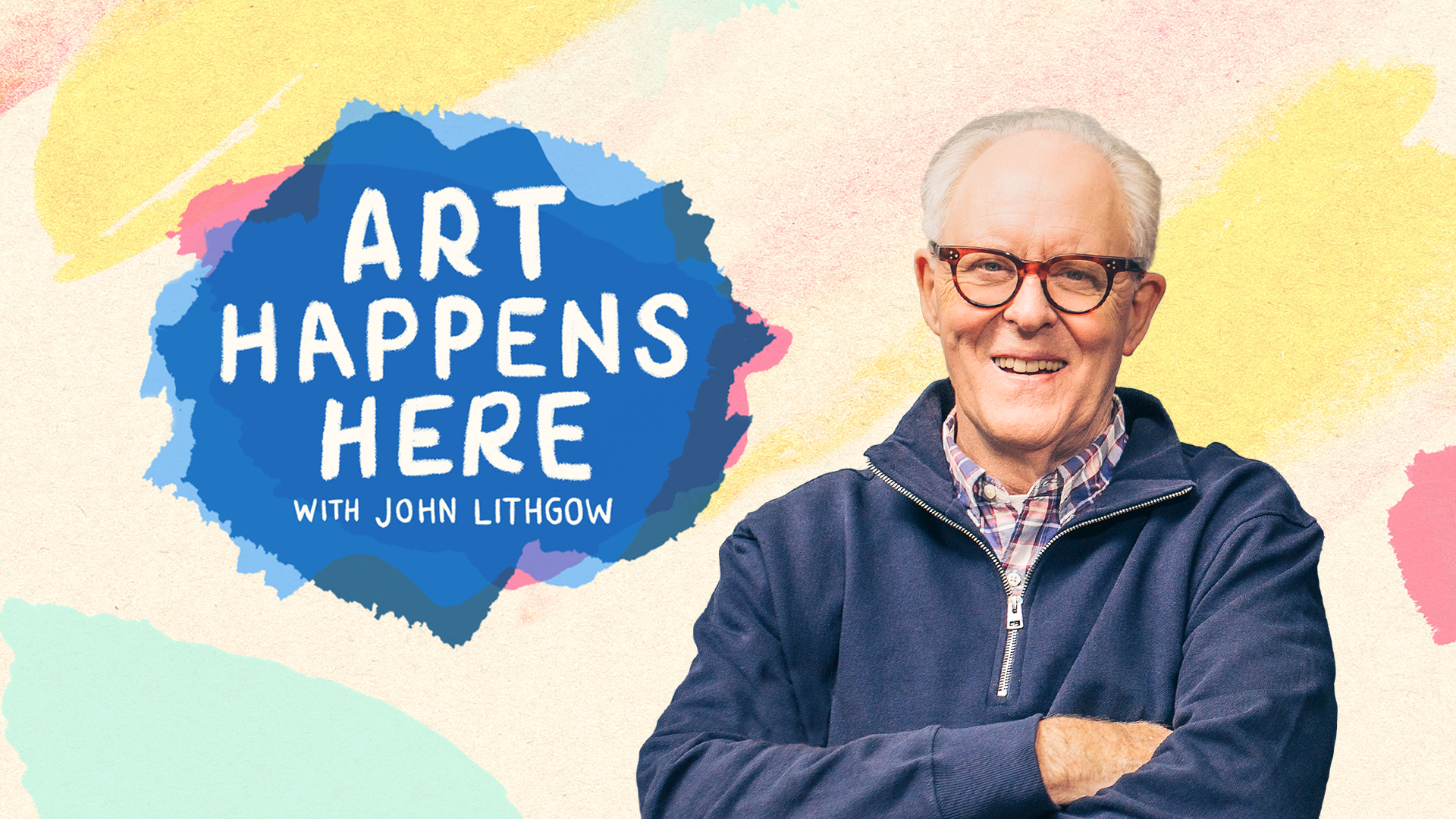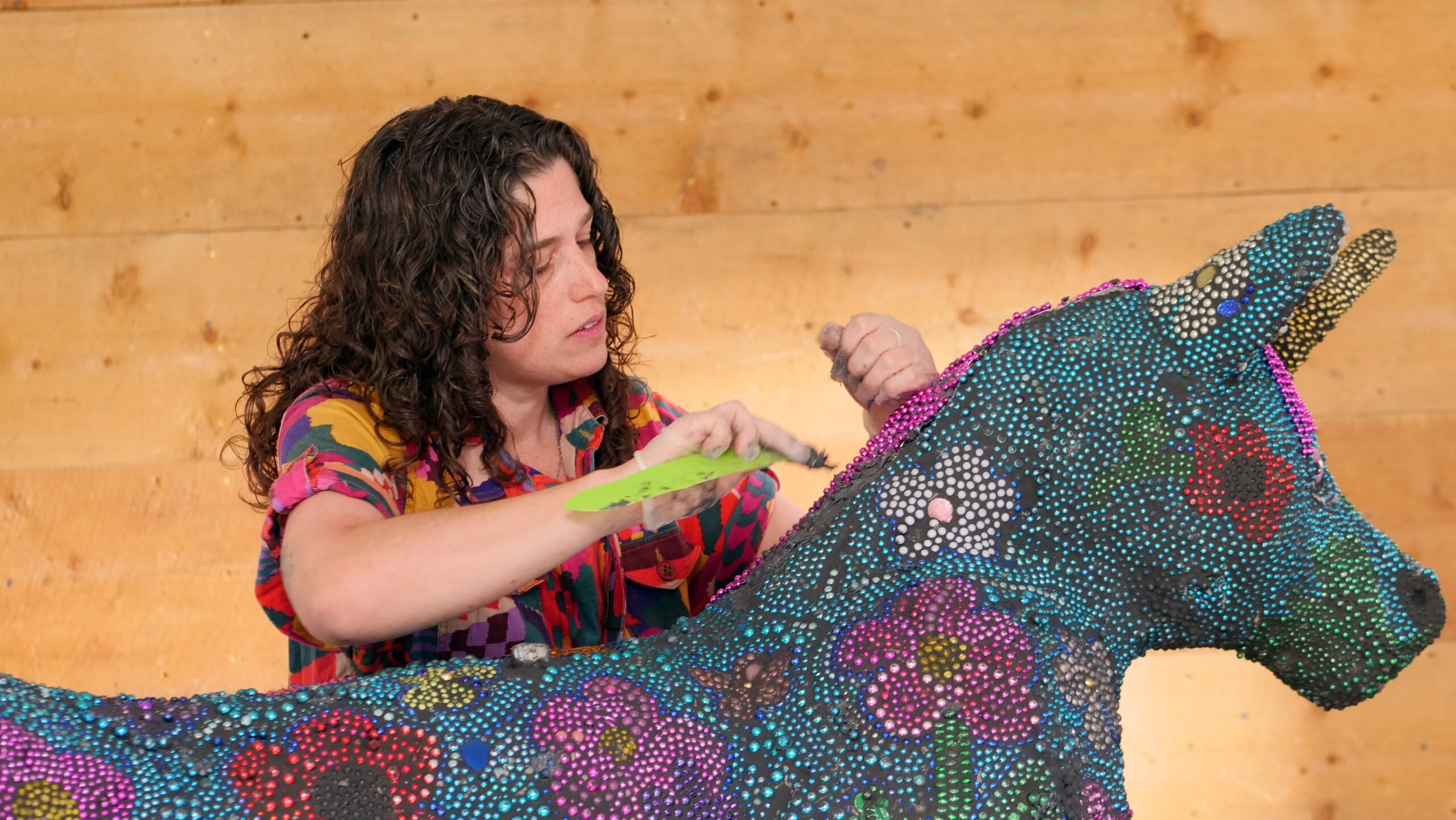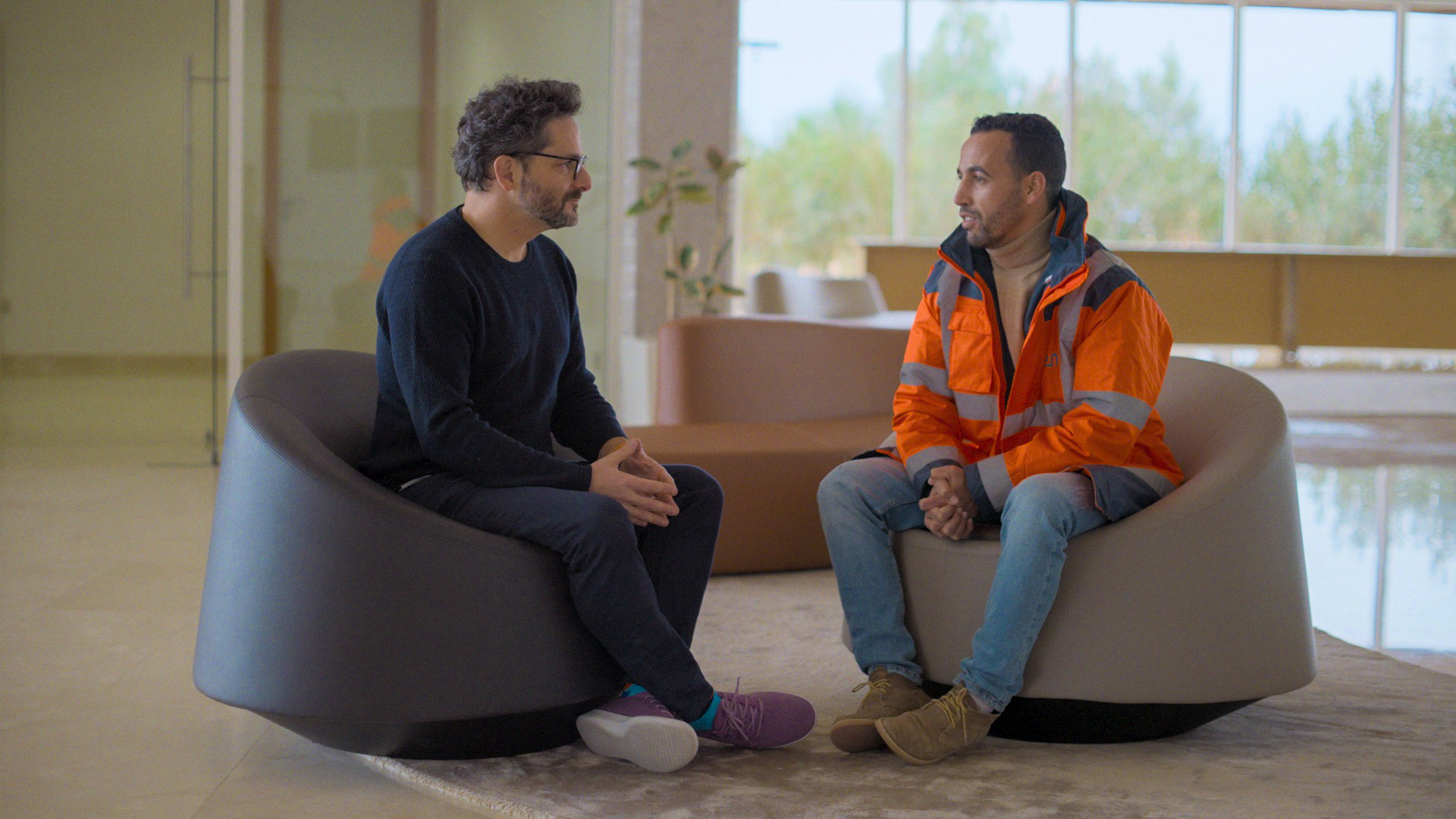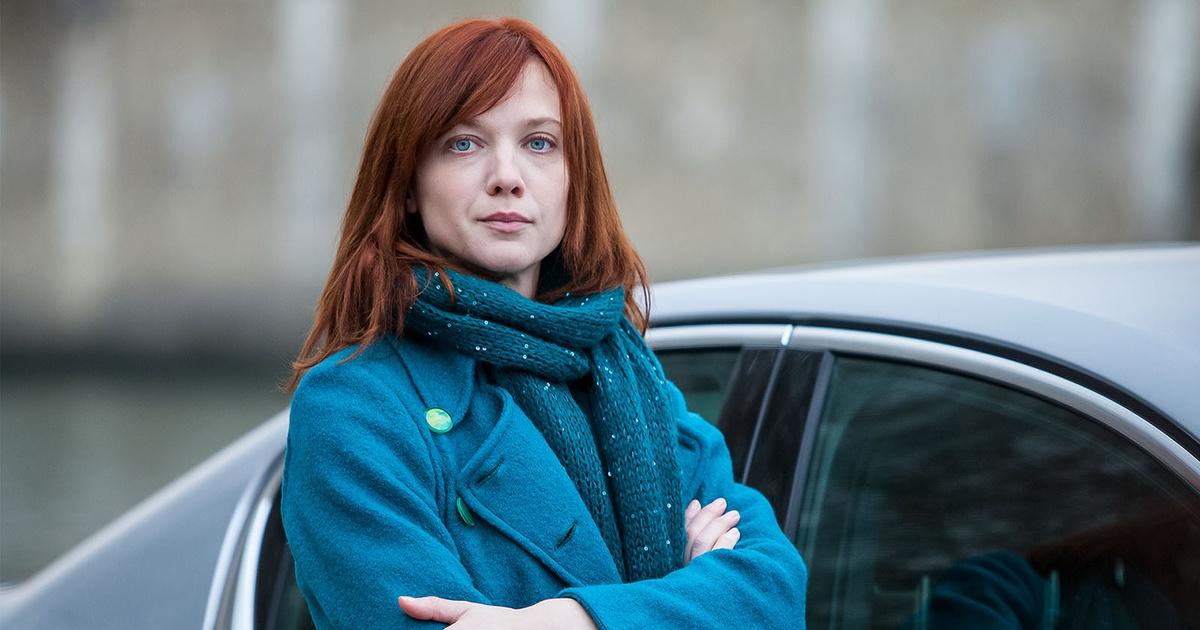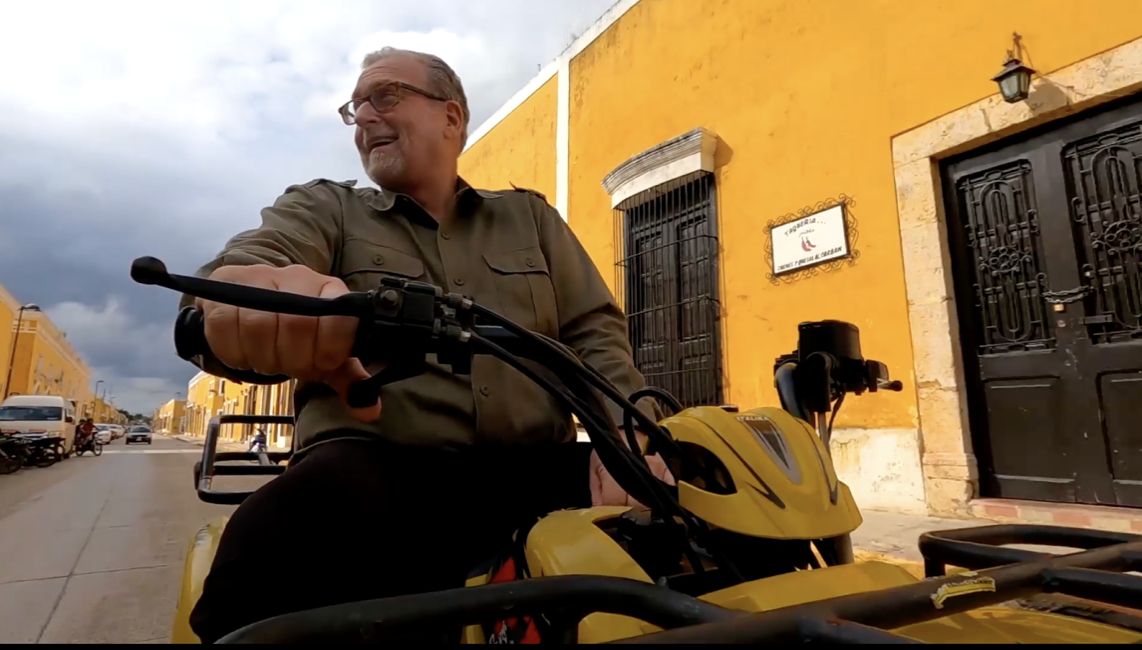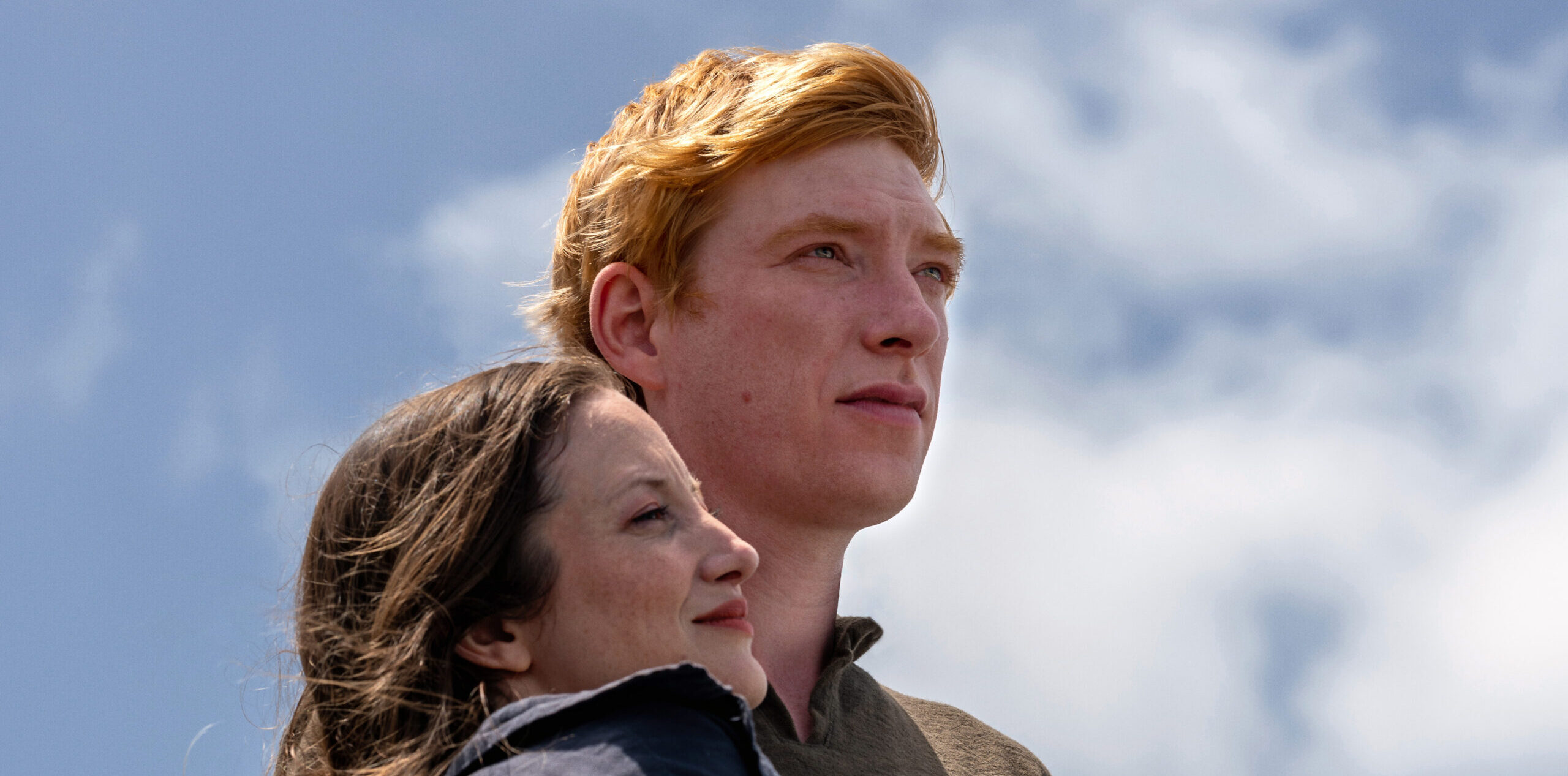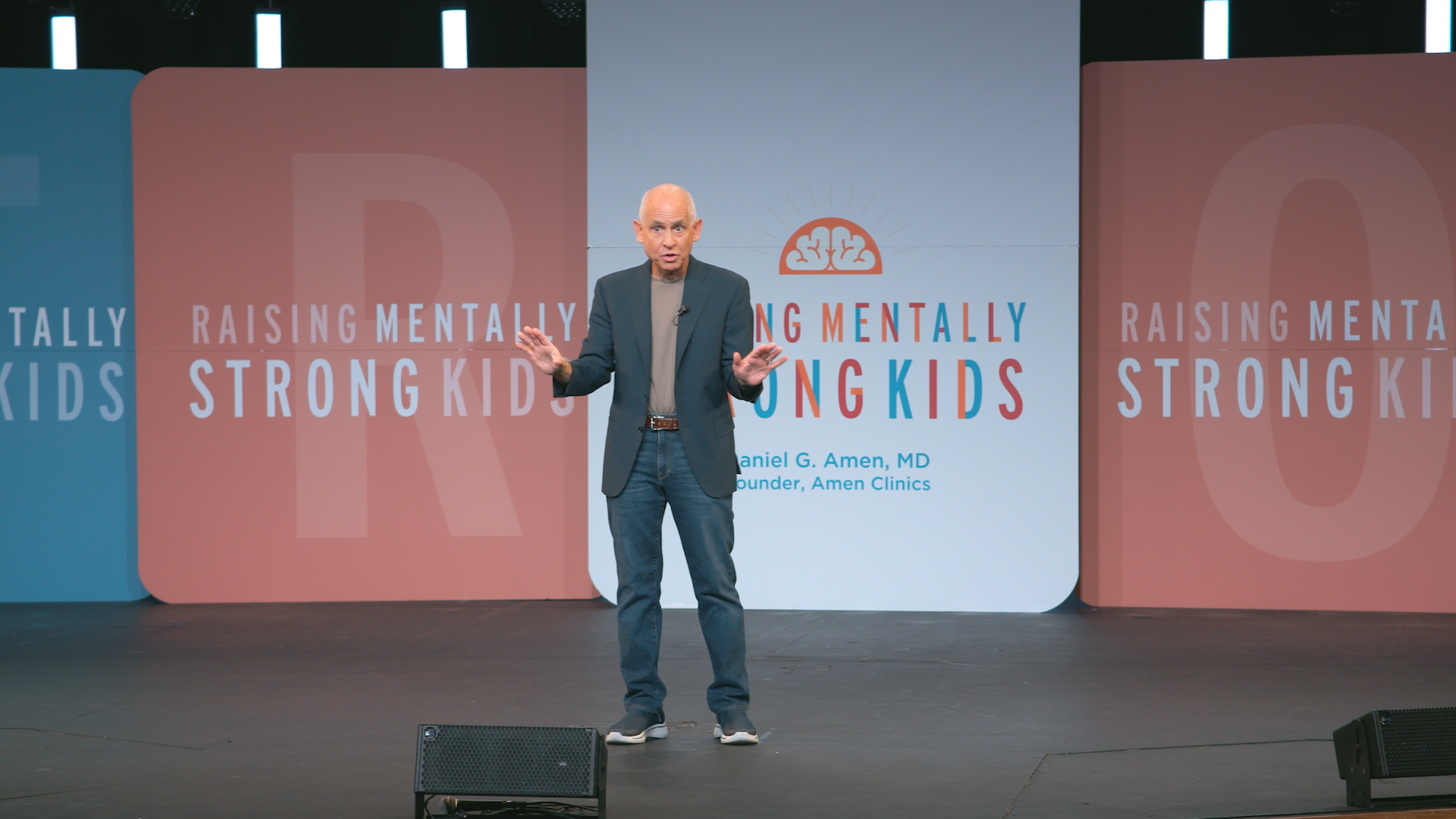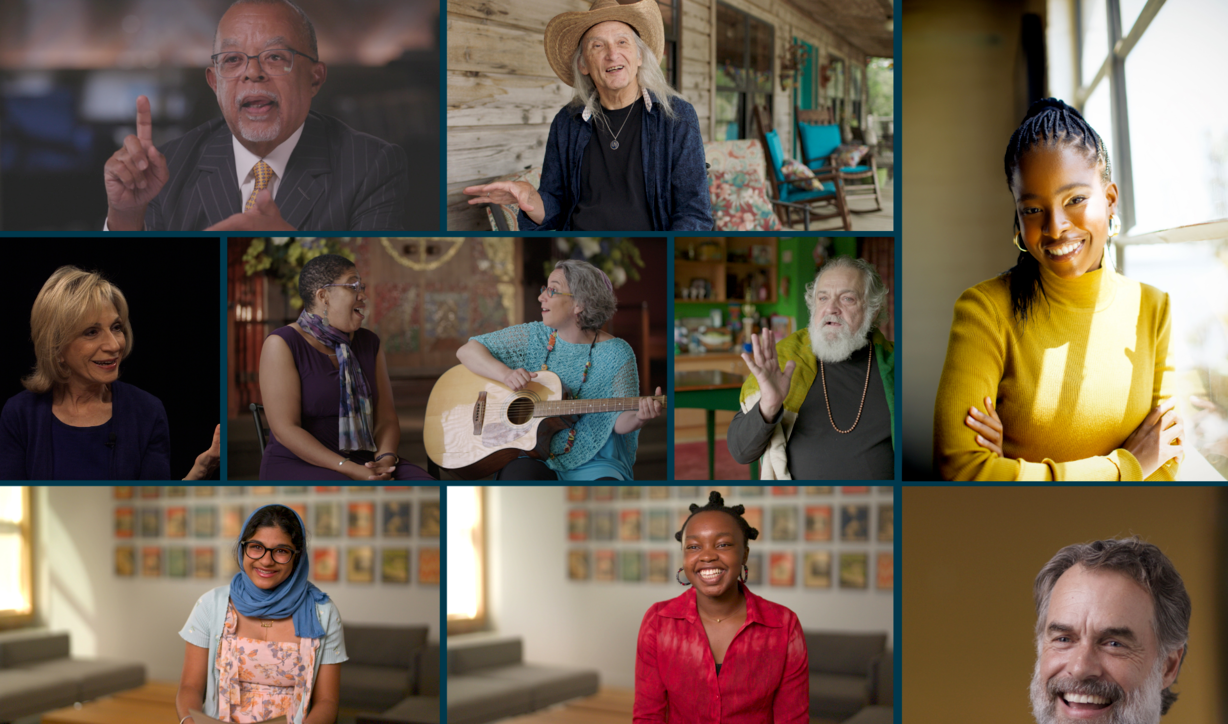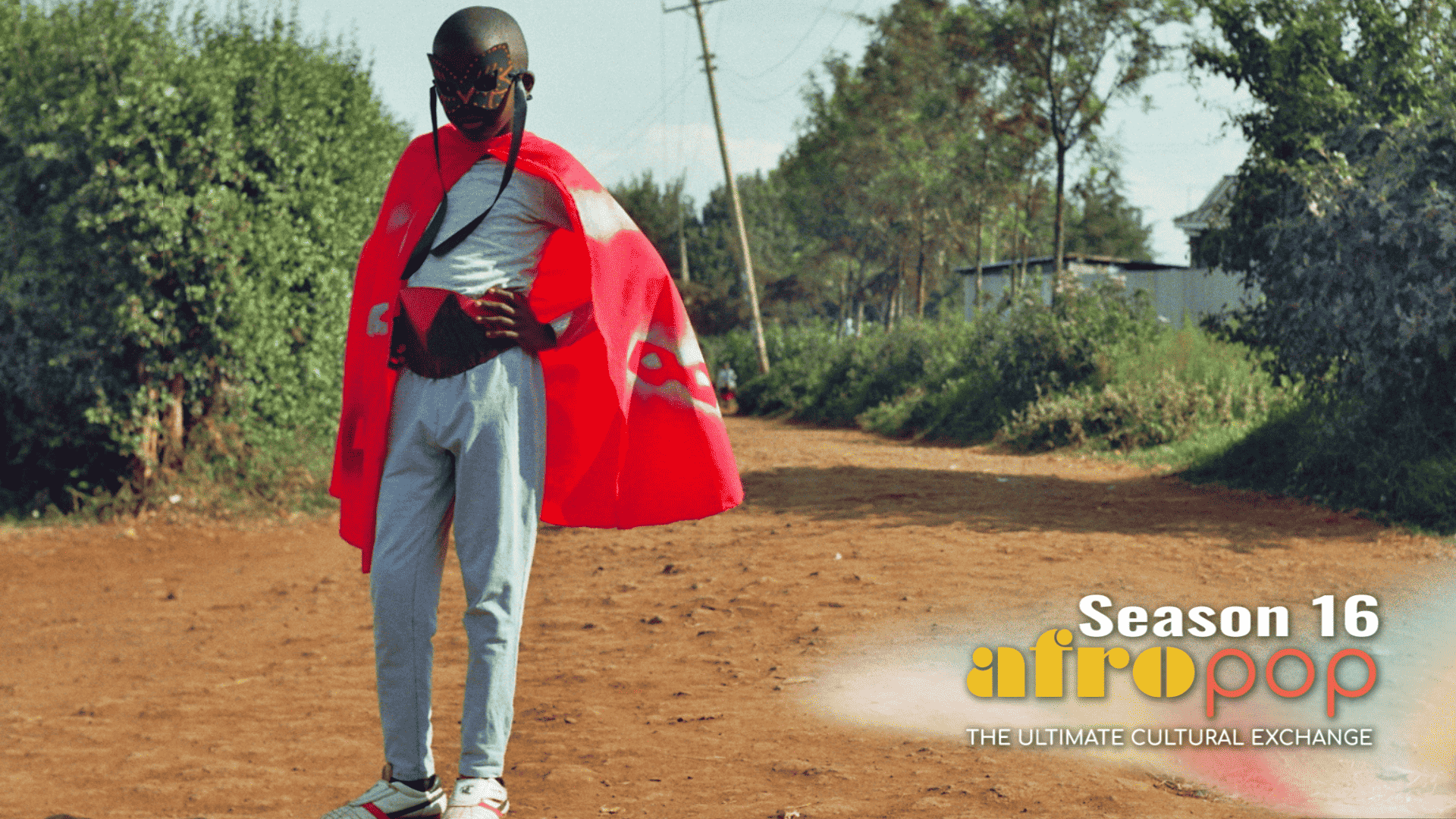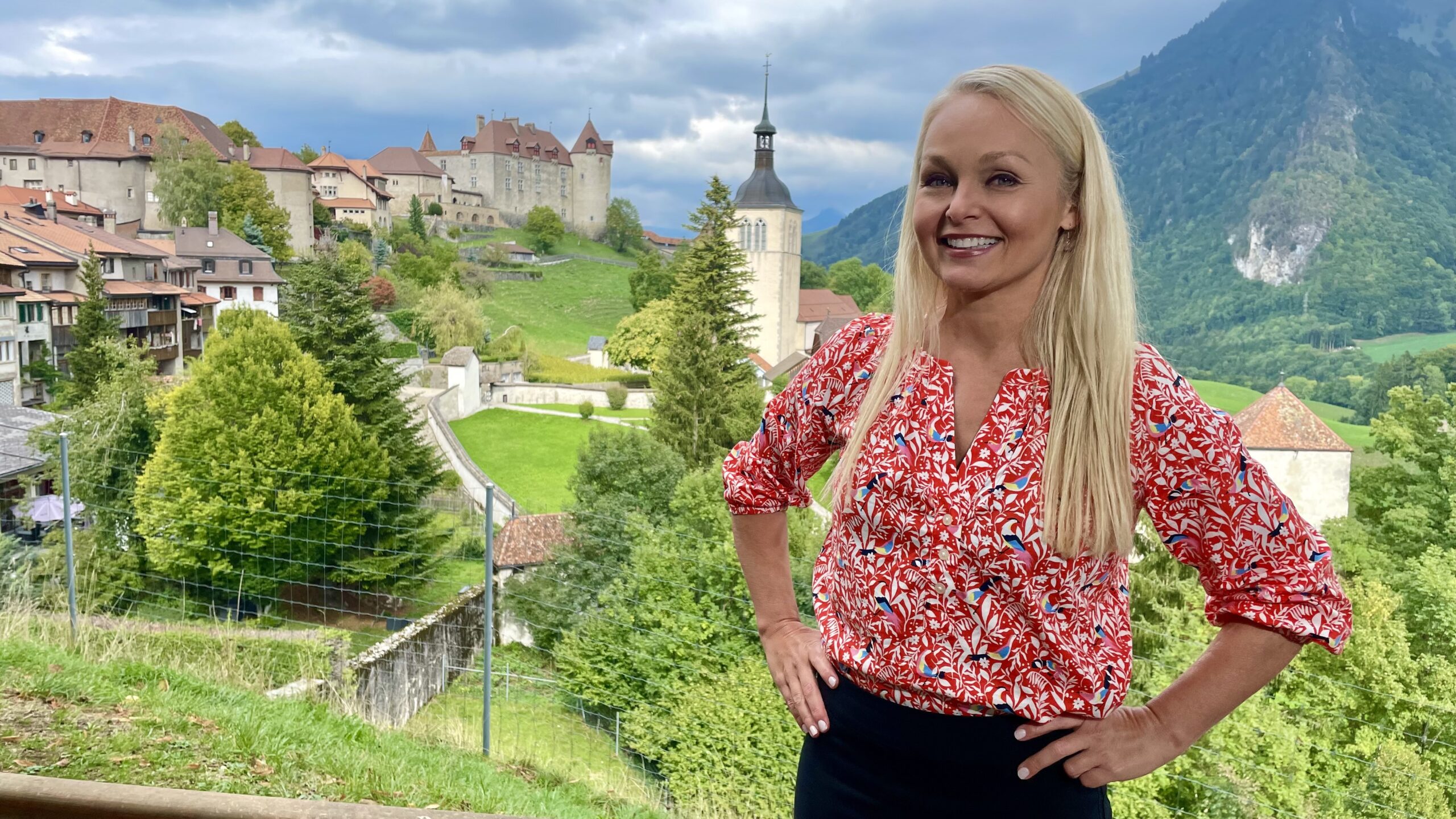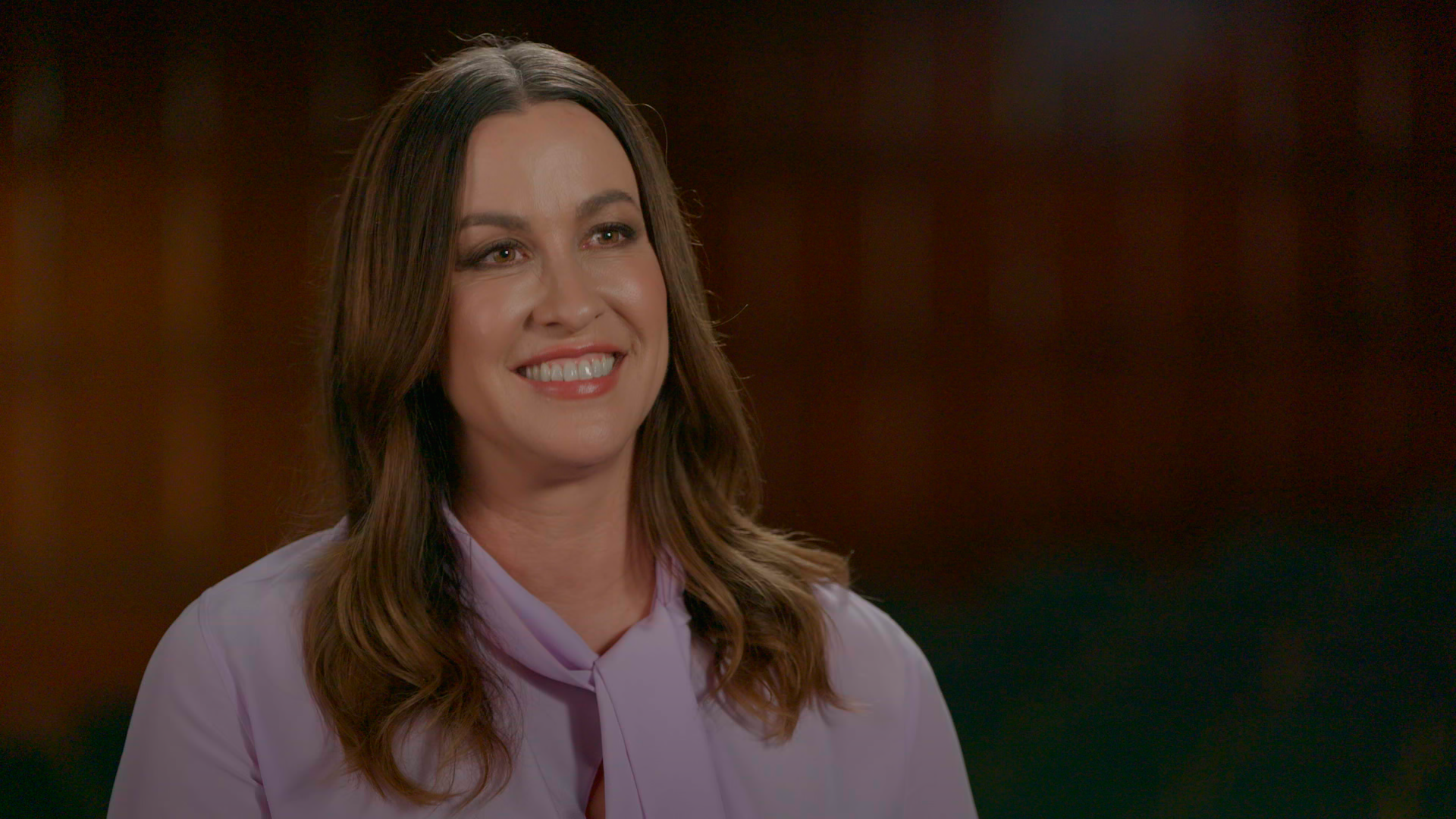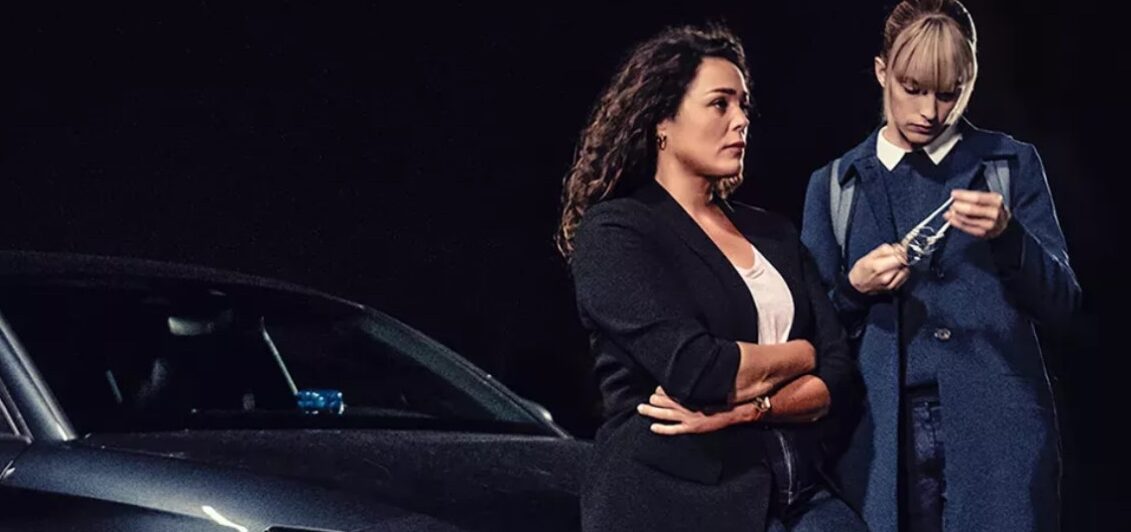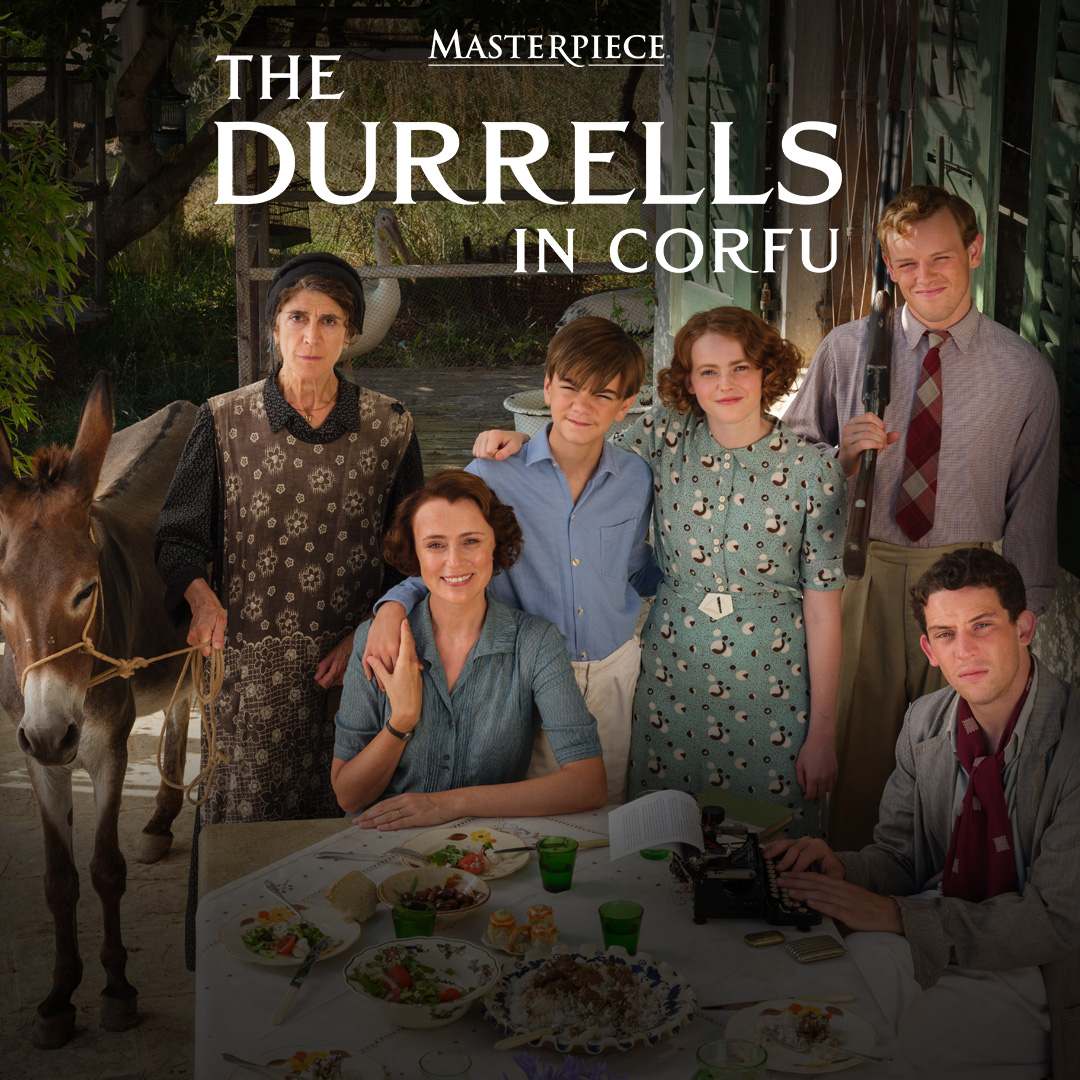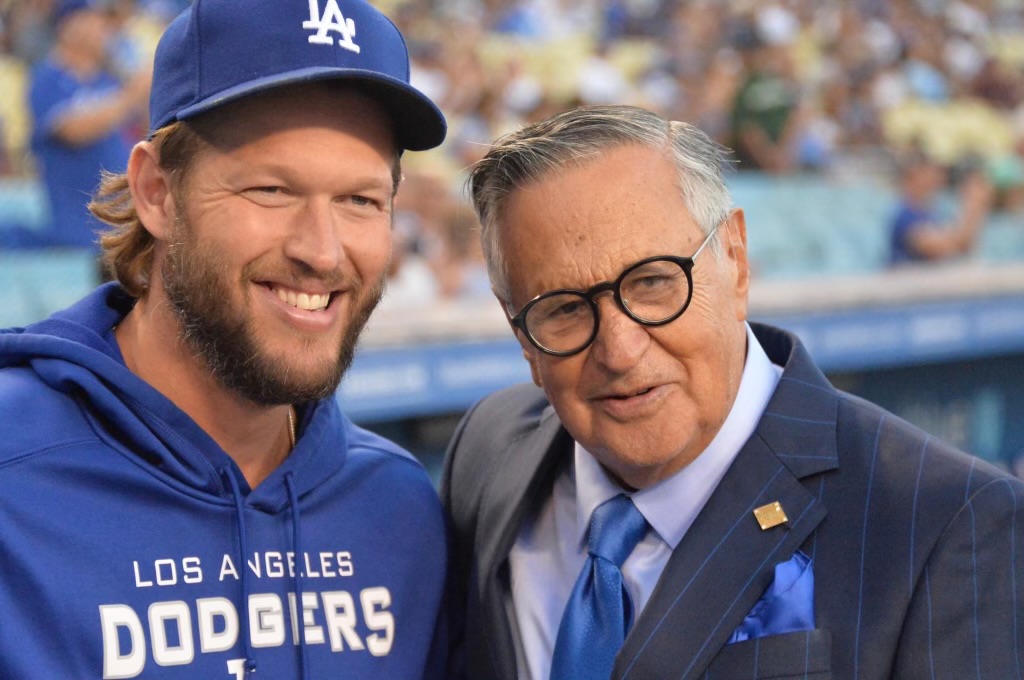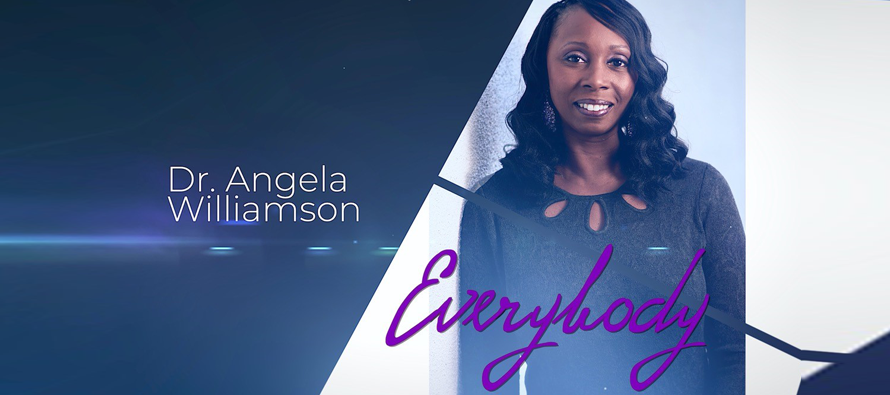Joanne Weir, a James Beard-award winning author, who’s been on PBS for 20 years and on Create TV, talks to KLCS about her favorite dish from her time at the famed Chez Panisse, what she does when she isn’t on a set teaching us how to cook, and sharing life’s simple pleasures in food like sampling herring in Amsterdam.
You’re on CreateTV (KLCS 58.3). Do you get feedback that your show is a guilty pleasure in a noisy world?
We get great feedback, which is so nice. It’s funny; I’ve been hearing that recently, people have been saying that. I do think that’s what food television is. I do agree with you, and it’s funny its not even people who always are cooking, but they love to just sit there and watch. I have so many people who come on my trips and say, “I don’t really cook, but I love to watch your show.” I have so many people that love to cook too.
What is the aim of your show?
I love food-wine travel and I love discovery. What I like to do is find things along the way and then share them with people. I love to teach, I love to give my knowledge, I like to get people excited about food, especially through my travel. So if you’re a person that can’t travel as much as I get to do, you can kind do it virtually. And I love to be able to share that.
I love the scene when you were eating herring at the market in the Netherlands, you really savored the moment. It made me want to be there.
Oh, I love hearing that, that makes me happy, because I’m not trying to have people all travel with me, but I do love that. Just to get people excited about food. And that food is just food. I studied with someone who used to say, “It’s not food, it’s just food.” We all have to do it. My mom used to say, “We all have to eat three times a day, it should be a great experience.” And that’s what I like to share. I like to keep people at the table, I like to have people cooking with their friends and their family. Last night I did a charity dinner at my house, it was six people and they thought they were just coming over and having this really wonderful dinner served to them, and instead I had them up making pasta with me. They had so much fun and they were all going, “I’ve been so intimidated about doing pasta, you made it look so easy, I’m going to go home and do it.” That’s really what I love.
But that scene where you ate herring on the street in Amsterdam, with a chef friend, it felt fun, it drew me in. That’s how it should be, little pleasures.
And I think I also want to make it approachable and that’s exactly what you’re saying. I want to draw you in; I want you to be part of it. I really work really hard at that, that’s me anyway in life.
You were a chef at the famous Chez Panisse.
Chez Panisse was extraordinary and have I really ever left? No. I was there from ‘85 to ‘90 and I still go back and I work there sometimes. I love that restaurant and I’m very involved in the university where I went to school, we won for the best food program in the country for the last three years in any university or college, and I brought Alice (Waters) in to do a talk with me there for 300 chefs and I still have stayed really closely involved with the restaurant. I love it. They consider people like me are like family of Panisse. After that, I couldn’t work anywhere else; I couldn’t work in any other restaurant. It was such an extraordinary experience, there was nothing that could top that.
Do you have a favorite dish that you make?
There are so many dishes that I still do from there. I love this soufflé, it’s made with gruyere and roasted garlic that we cook on a platter as opposed to in a soufflé dish, that cooks in 15 minutes. I love that dish I did it when I first started doing television. I’ve been on public television for 20 years. I should do that again because it was so good (laughs). I do a lot of the desserts, just a lot of the principals. Last night I made a blood orange sorbet. I learned one thing at Chez Panisse that stays with me – that for each 4 cups of fruit puree, you use one cup of sugar. It just sticks in my mind. You can make any sorbet. So I try to teach people, with a basic recipe you can create anything no matter what the season is, but that’s a principle I learned at Chez Panisse, between that and my studies in France.
What was your path to being a chef and what made you originally want to cook on TV?
I’m a fourth generation professional cook. My mother was, my grandfather and my great grandmother. On both sides, my grandparents had farms and I grew up going to my grandfather’s dairy farm in the Berkshires and he was a fabulous cook. He cured his own sausages; he made his own bread. He would make these chicken salad sandwiches – the chicken he butchered, the bread he made, the mayonnaise he made. We’d eat these underneath the maple trees. For desert we had hand-churned maple walnut ice cream, that my grandfather made the maple syrup. I grew up with just incredible food and my mother was passionate about food. The table was very important to us and to my family. I have three other siblings and we all studied cooking, I’m the only one that pursued it. So that’s where the love of food came from and even on my father’s side, my grandparents were very different. They were Lithuanian and I learned ethnic food really early on. That’s where my love of cooking and food came from. Television, I was just lucky. My very first book right after I worked at Chez Panisse is called “From Tapas to Meze”. In 1994 people didn’t even know what tapas were, let alone meze. I went around the Mediterranean and wrote about it. I went on a lot of TV shows, the book did really well and somebody put together a video and sent it to KQED and a couple producers called and said, “You really have it for television. We are looking for a woman and you’d be perfect.” I had seen myself on television and thought “Wow, she’s really nice, I’d like to have lunch with her.” (laughs) It was me. I didn’t see myself as that person, I probably still don’t. So we put together a demo tape and I was lucky enough to get a TV show. There were very few shows when I started in 1999, now there’s so many, and so many great new ones. I’m not complaining, I’ve been really lucky to have 20 years. It’s been really a wonderful thing to share my love of food for people and viewers.
What’s the most frequent question you get?
How do I stay thin? I’m not thin! They say that all the time, also, my guilty pleasure. The guilty thing is potato chips. The other thing, my grandfather, with those chicken salad sandwiches, he always served homemade potato chips. I have a love of potato chips.
What’s your answer to “How do you stay thin?”
I think everything in moderation. I love food; it doesn’t mean I have to eat every single thing. I don’t have to eat a huge bowl of pasta. I don’t like cream and butter, but I really love olive oil. I can drink olive oil. I’m a Mediterranean girl. I love fresh vegetables. At this point, I eat pretty simply. When I’m home I usually cook protein and vegetables and I love to eat like that, I just feel good. And of course I drink wine, I’m not cutting that out.
What do you do when you’re not on the show teaching us to cook?
The one thing I really love in my life, I love to travel, so I love these courses I do every May and October. You probably have seen them on this show. I rent villas, I have several locations in Italy, Morocco in Marrakesh, two in Spain, the south of France and Greece. I take people to spend a week with me and we cook and we stay in this wonderful villa together and we go on excursions and see how olive oil is made. I really do have a great job!
You can tell you really enjoy your job teaching people how to cook. What keeps you going?
I stay really, really busy and I love busyness. It’s the creativity. I love creativity. Television for me is creative. I love the trips because I love people. I get excited by other’s people’s enthusiasm.
So far everyone has had a Julia Child story, do you have a Julia story?
The first time I met Julia, I was at an IACP conference and Julia tapped me on the shoulder and said, “Would it be ok if I sit down and have lunch with you?” We were supposed to network and what are you going to say to Julia, “Nah, this seat is taken.” “Of course you can sit down!” My mother worked for a long time with a woman named Charlotte Turgeon who was also a cookbook writer, and Charlotte had gone to college and roomed with Julia, so it was fun because I was able to tell Julia about that. So that was really, really nice, so we had something in common that we could talk about. So the next time I saw her, I was walking down the hall and I said, “Hi Julia, how are you?” She goes, “No Joanne, how are you?” And that’s the thing I remember, that Julia cared more about other people, and it was such a great quality. She cared to make sure it wasn’t about her. That was great about her. I loved her.
Do ever just pinch yourself you get to do this for a living and follow in her footsteps of educating people about cooking on TV?
It’s really funny, I sometimes don’t see the forest for the trees. When people say, “You’re famous!” I’m not famous. I always say, “I’m Joanne.” I think that’s why I’m constantly striving.
When you’re in L.A., do you have any favorite places to dine?
I love Gjelina in Venice. I love L.A. because my best friend lives there, I really do love L.A. I think I’m going to come down for the Taste Awards because the show’s been nominated for different awards.
Joanne Weir host several public media cooking shows; watch her on Create TV (KLCS 58.3). Click here for broadcast dates and times. You can follow Joanne on Twitter or Facebook: @ChefJoanneWeir

